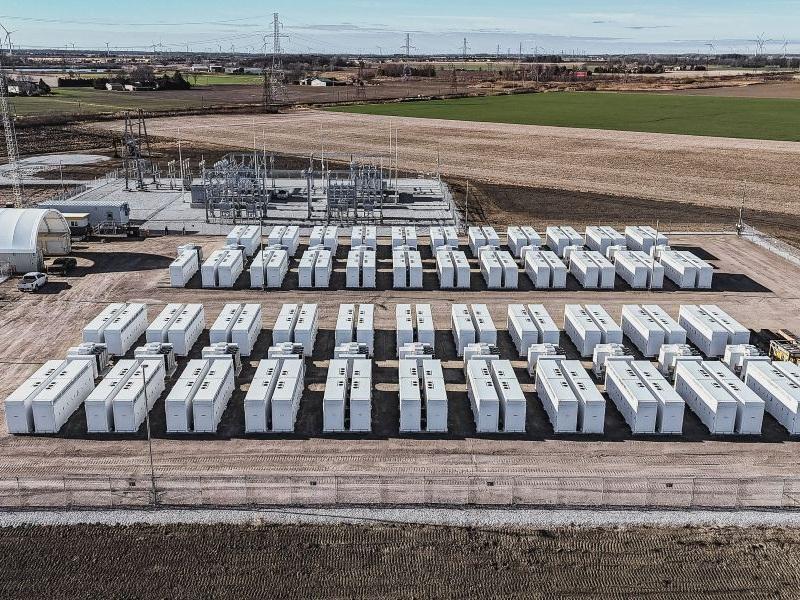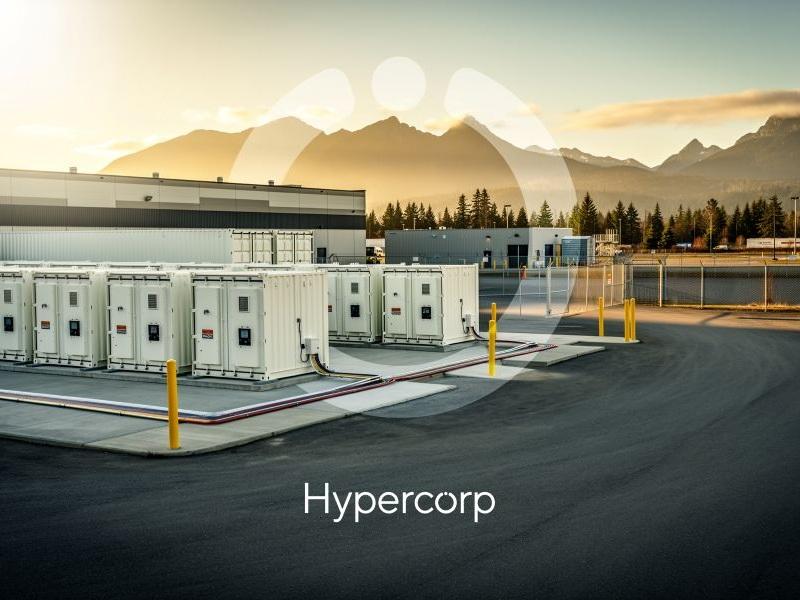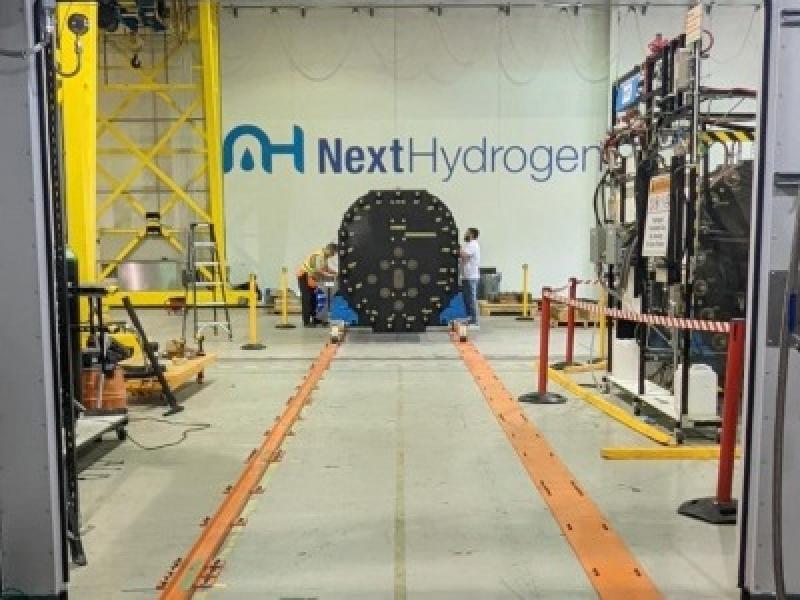
The COIL logo. (Courtesy COIL’s website)
The City of Guelph, Wellington County, the Guelph Smart Cities Office and insurance company Co-operators have launched the Zero Waste Economic Transformation Lab.
The lab in the Southern Ontario city will focus on finding ways to initiate circular economy practices for Guelph and its businesses.
Circular economy theories are essentially regenerative in design, rather than a linear economy that creates then wastes. The aim is to be able to repair, refurbish and recycle as long as possible.
It’s with that framework that the lab is approaching its first project, to divert construction and demolition materials from landfills.
Co-operators contributed $350,000 to fund the lab and this project. Other funding will be provided through public and private grants as well as corporate investments.
Goals for the Zero-Waste lab
The lab is part of the Circular Opportunity Innovation Launchpad (COIL). Launched in April 2021 with $5 million in funding from the Federal Economic Development Agency for Southern Ontario, COIL is an innovation platform and activation network aimed at creating, proving and scaling transformative solutions across the food and environment sectors in southern Ontario to move Canada toward a more sustainable, circular economy.
Zero Waste lab also plans to share its findings with other cities and regions to “accelerate circular change across Canada,” according to its website.
It is also collaborating with the centre d’etudes et de recherches intersectorielles en èconomie circulaire (CERIEC), a circular economy centre at the University of Quebec. Other partners include the Circular Innovation Council – originally established as Recycling Council of Ontario in 1978; Circular Economy Leadership Canada; the National Zero Waste Council, which was founded in Vancouver; and Ontario Genomics, a non-profit founded in 2000 and funded by the Ontario government and Genome Canada.
“The program will play an important role in supporting several key priorities within Guelph’s strategic plan, as well as the wider city priorities. It will accelerate partnerships and innovation in our economy. It will further integrate businesses into our community and cultural fabric,” said Scott Stewart, the chief administrative officer at Guelph during a webinar to introduce the Guelph lab.
“It’ll support increasing sustainable planning and growth. It will address our climate change commitments. It will contribute to job creation and business growth while reducing or repurposing waste.”
While the World Bank predicts the amount of waste generated by countries around the world will increase as much as 70 per cent from 2016 to 2050, this initiative leads to what Stewart calls making the Guelph-Wellington area “future-proof.”
A wider initiative
“Today with the new Zero Waste Economic Transformation Lab, these programs offer a clear demonstration that when business, government and community work together, we can make larger strides toward improving our environment and strengthening our local economy,” said Barbara Schwartzentruber, the executive director at the Smart Cities Office.
Another COIL program is Our Food Future, a circular food economy initiative. Its goals include a 50-per-cent increase in access to affordable, nutritious food; 50 new circular economy businesses and collaborations; and a 50-per-cent increase in circular economic benefit by “unlocking the value of waste.”
Funding for COIL program participants is provided via the co-working company 10C’s Harvest Impact Fund.
Co-operators, headquartered in Guelph, has more than $61.5 billion in assets under administration. The company says it achieved carbon neutrality in 2020 and is aiming for net-zero emissions in its operations and investments by 2040, and 2050, respectively.
“Co-operators is committed to embedding sustainability into all areas of our business. We are especially excited that through COIL, we can help to sustainably divert materials away from landfills and keep them in the local economy,” said Chad Park, the vice president of sustainability and citizenship at Co-operators, in a statement.
“Through this collaborative effort, we can reduce the environmental, social, and financial costs to governments, businesses, and Canadian communities, while making them more sustainable and resilient.”










